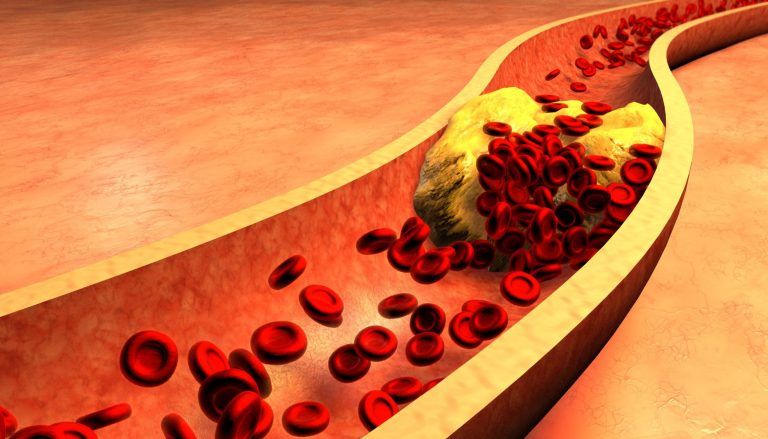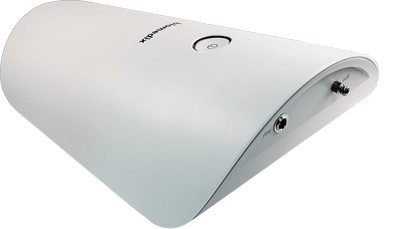Ankle-Brachial Index Testing
in Daytona Beach, FL
Cramping, discolored or swollen legs can sometimes mean circulation issues. Technology has now passed traditional ultrasound to detect circulation problems. With computer assisted technology we can help steer your care in the right direction and go beyond just traditional Ankle-Brachial Index testing.
Cardiac testing can be nerve racking, but we are here to make it as straight forward as possible. No one plans on having heart problems, but if you do you need to find a doctor you can trust. At Complete Cardiology Care we staff Cardiologists and Electrophysiologists that perform Ankle-Brachial Index (ABI) testing on patients in Daytona Beach, Ormond Beach, Palm Coast, Deltona, Deland, and the surrounding areas.
75% of people with peripheral artery disease have heart disease
30% of peripheral artery disease is fatal within a 5-year period
20 Million Americans have peripheral artery disease

What is Ankle-Brachial Index (ABI) testing?
The ankle-brachial pressure index (ABPI) or ankle-brachial index (ABI) is the ratio of the blood pressure at the ankle to the blood pressure in the upper arm (brachium). Compared to the arm, lower blood pressure in the leg suggests blocked arteries due to peripheral artery disease (PAD)
What is Peripheral Artery Disease (PAD)?
Peripheral Artery Disease (PAD) is a type of peripheral vascular disease. PAD is a serious circulatory condition where clogged or narrowed arteries cause poor circulation to the arms, legs, brain or kidneys. It occurs most often in the lower extremities, causing decreased blood flow to the legs and feet. Just like buildup in the heart, clogged arteries in the lower extremities can cause stroke or heart attack.
ABI testing with PADnet by biomedix
PADnet is the market leader in front-line diagnostics for peripheral vascular disease (PVD). PADnet is the only diagnostic device that can support the identification of peripheral artery disease (PAD) and venous reflux disease through a unique collaborative care model.
PADnet allows baseline physiologic testing to be completed in a variety of settings, including primary care, by a qualified technician. PADnet is designed to be easy to use and intuitive, a full PADnet arterial study can be performed in under 20 minutes.
PADnet uses air cuff and PPG probe technology to record AnkleBrachial Index (ABI), Toe-Brachial Index (TBI), Segmental Pressure values and Pulse Volume Recording (PVR) waveforms. In addition, PADnet performs venous refill studies. These non-invasive tests help identify vascular disease, and provide data to determine suitable medical or surgical treatment plans for PAD and CVI.


Find out why your legs cramp up or look discolored
If you are curious about Ankle-Brachial Index testing with PADnet in Daytona Beach, FL please reach out to us. We are currently accepting new patients. Complete Cardiology Care staffs Cardiologists and Electrophysiologist that serve patients in Ormond Beach, Daytona Beach, New Smyrna Beach, Port Orange, Deltona, Deland, and the surround areas.
Our Cardiologists and Electrophysiologist take nearly all insurances. We accept Aetna, AARP Medicare Complete, Blue Cross / Blue Shield, Cigna, Florida Healthcare, Florida Hospital Care Advantage, Freedom Health, Health First Health, Humana PPO - out of network benefits apply, Medicare, Optimum Healthcare, Railroad Medicare, Tricare, United Healthcare, VHN, Wellcare.
We are also a partner with the VA and are proud to serve those who have served our country!
Self Pay Cardiology services are available too! Call and ask for our price list.

